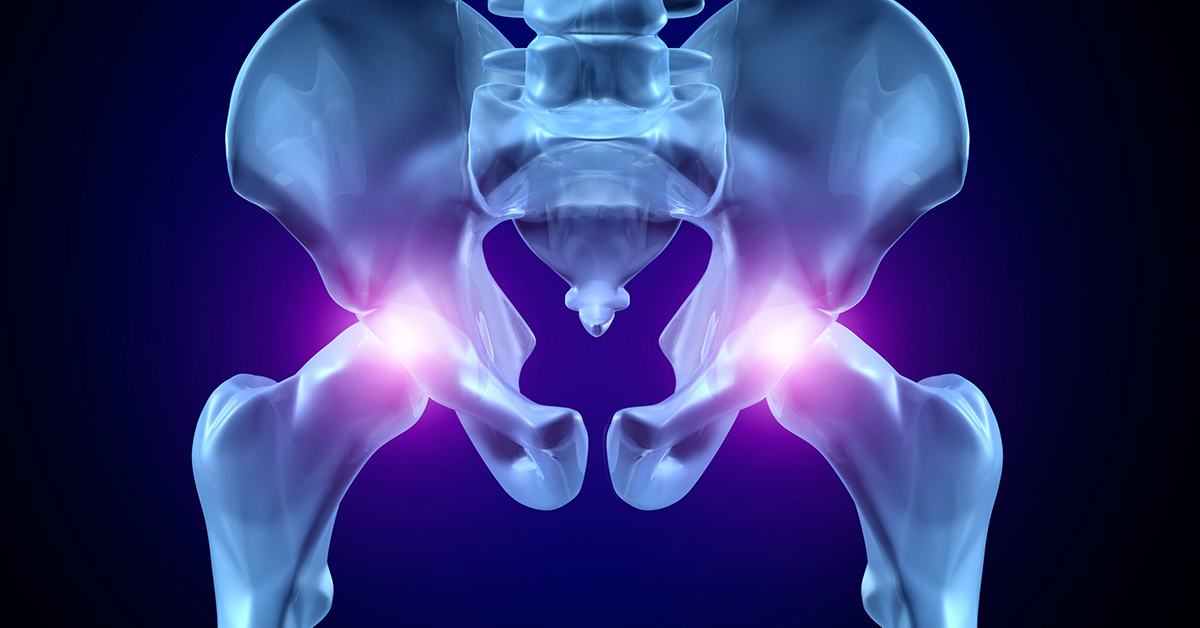
Can I Be Too Young for Hip Replacement?
Hip replacement surgery is often associated with older adults, but younger individuals can also suffer from severe hip pain and mobility issues that make them consider this procedure. If you're a younger person experiencing significant hip problems, you might wonder, "Can I be too young for a hip replacement?"
Age and Hip Replacement
While age is a factor in determining the appropriateness of hip replacement surgery, it is not the sole consideration. The primary criteria for this surgery are the severity of your symptoms and the impact on your quality of life. Hip replacement is typically recommended for individuals with severe arthritis, hip fractures, or other debilitating hip conditions that have not responded to conservative treatments like medication, physical therapy, or lifestyle modifications.
Reasons Younger Patients Might Need Hip Replacement
Several conditions can lead younger individuals to require hip replacement surgery:
- Osteoarthritis: While commonly associated with aging, osteoarthritis can also affect younger people, especially those with a family history of the condition or previous joint injuries.
- Rheumatoid Arthritis: An autoimmune disorder that can cause severe joint damage at any age.
- Avascular Necrosis: A condition where the blood supply to the hip bone is reduced, leading to bone death and joint deterioration.
- Traumatic Injuries: Significant hip injuries from accidents or sports can lead to chronic pain and dysfunction requiring surgical intervention.
Considerations for Younger Patients
Younger patients considering hip replacement must weigh several factors:- Implant Longevity: Hip implants typically last 15 to 20 years. Younger patients may require one or more revision surgeries in their lifetime due to the wear and tear on the implant.
- Activity Level: Younger individuals are often more active, which can accelerate the wear on the implant. Discussing activity limitations and lifestyle adjustments with your surgeon is crucial.
- Surgical Advances: Advances in implant materials and surgical techniques, such as minimally invasive surgery and robotic-assisted procedures, have improved outcomes and longevity of hip replacements, making them more viable for younger patients.
Benefits of Early Intervention
Despite the potential challenges, there are significant benefits to undergoing hip replacement at a younger age:
- Improved Quality of Life: Alleviating chronic pain and restoring mobility can significantly enhance your quality of life, allowing you to return to work, hobbies, and other activities.
- Preventing Further Damage: Early intervention can prevent the progression of joint damage and other complications associated with prolonged inactivity and pain.
While being younger does present unique considerations for hip replacement, it does not automatically disqualify you from the procedure. The decision should be based on a thorough evaluation of your symptoms, the impact on your daily life, and the potential benefits and risks. Consulting with an experienced orthopedic surgeon can help you understand your options and make an informed decision about whether hip replacement is right for you, regardless of your age.
